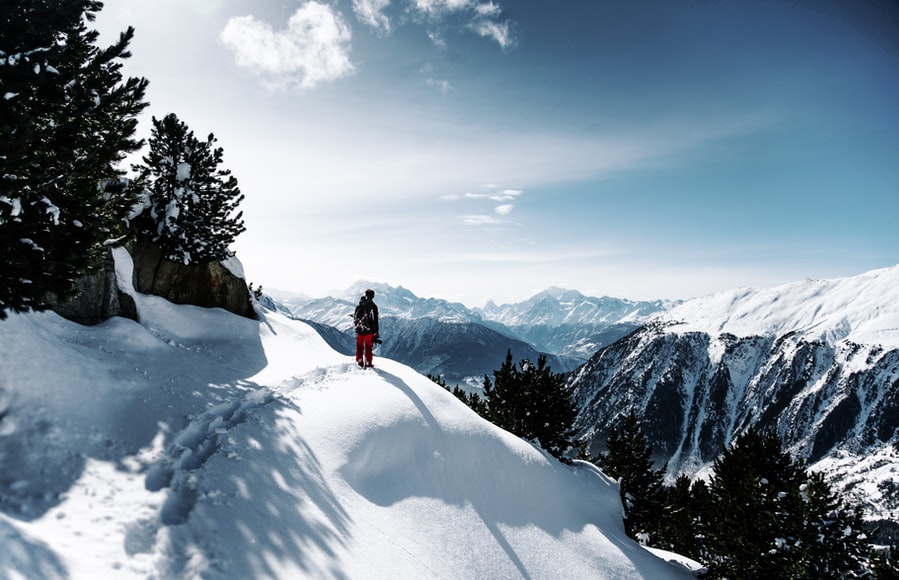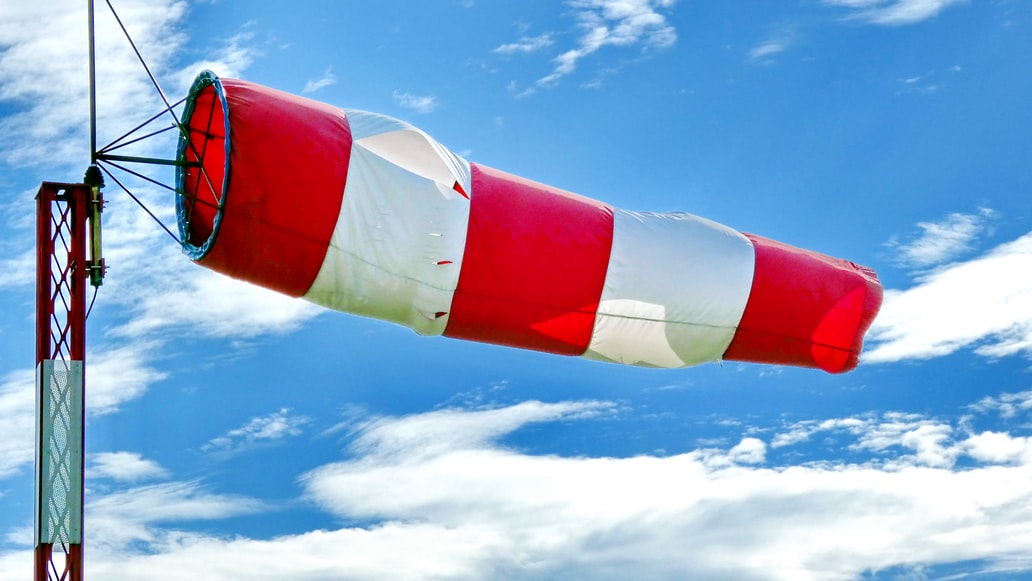Don’t Get Stranded in the Cold: Preparing Wisely for Winter Travel

As was made abundantly clear at the beginning of this year, it is indeed possible to be stranded on a highway with countless other drivers from blizzard conditions. What happened on I-95 in Virginia caused drivers to be stuck in their vehicles for over 24 hours, most of them without food, drink, or even heat.
Fortunately, no casualties were reported; however, the incident struck a chord in drivers as a reminder to be prepared for anything winter blows their way.
How can you be prepared for winter weather and road conditions? Read on for tips that can help you when faced with winter driving.
Are You Covered for Any Possibility?
It’s important to carry auto coverage that makes sense for your driving frequency, where you live, your age, and your vehicle’s safety features. A variety of circumstances might call for you to upgrade your coverage, such as during the winter or if you’re traveling more often.
While it is always important to find affordable car insurance, when you are armed with the proper insurance that meets legal requirements, you’ll have peace of mind when venturing out on those wintery roads.
1. Watch the Weather Forecast

The weather is fickle and always changing, but don’t let that stop you from keeping a close eye on changes and updates that warn of treacherous conditions.
Keep the alert notifications on your weather app on, and review what the weather will be like not just where you are now but also your destination and everywhere in between.
2. Share Your Itinerary
In a worst-case scenario, you might encounter conditions that lead to being stranded. If nobody knows where you are and when you’re expected to arrive at various locations, then the authorities won’t know where to look so they can help you.
Share your itinerary with a friend or family member. You might also consider getting an app that shows family member locations in real-time, as added insurance.
3. Pack Wisely
If you get stranded, you may regret the things you don’t keep in your car. Anticipate what you may need if you are stuck in your car for hours at a time.
Think extra blankets, gloves, hats, scarves, a flashlight and fresh batteries, nonperishable snacks, a small shovel, kitty litter or sand, snowbrush and ice scraper, jumper cables, cell phone charger, flares, and an extra bottle of windshield wiper fluid.
4. Stay on Top of Vehicle Maintenance
Just like most things, if you take care of it, your car will serve you well. Be on top of regularly scheduled maintenance for belts, hoses, radiator flushes, and everything that is required.
There are things that you can do on your own, like testing the battery, watching the oil level and quality, replacing the windshield wipers when they are ripped or torn, and adding air to under-inflated tires. If you’re planning a big road trip, take the vehicle to your mechanic for a tune-up so you can have peace of mind on possibly perilous roads.
5. Brush up On Your Driving Skills

Winter seems so far away when the summer sun is blazing and the roads are clear. But when it finally hits, it hits big and the first one or two snowfalls never fail to catch some people off guard, even experienced drivers.
Snow and ice add another element to driving, and they don’t have to be scary if the driver is duly prepared. Remind yourself of the specific set of driving skills needed to travel safely through winter, one snowstorm at a time.
- Reduce your regular speed.
- Avoid sharp maneuvers – around corners, and accelerating and decelerating.
- Don’t apply extra power to go up hills. This could cause your wheels to spin in the snow, and careen sideways or even backward.
- Don’t stop when driving up a hill – you may not be able to start back up.
- Keep plenty of space between you and the driver ahead of you to allow for braking time.
- Be patient, with other drivers, yourself, the weather, and snowplows.
If You Do Get Stranded
If you break down or are stranded in a desolate location, stay with your car as it will be an appropriate shelter until people can find you. Run the heat for ten minutes every hour to conserve fuel or just long enough to stave off the chill.
Place a colorful cloth in one of the doors or around the mirror to indicate you need help. Be sure the exhaust pipe stays clear of snow to avoid carbon monoxide poisoning.
When winter hits, consider every possibility and hope for the best, but prepare for the worst. In the unlikely event, you become stranded, you’ll feel confident in your ability to get through it unscathed.
Read Also:










